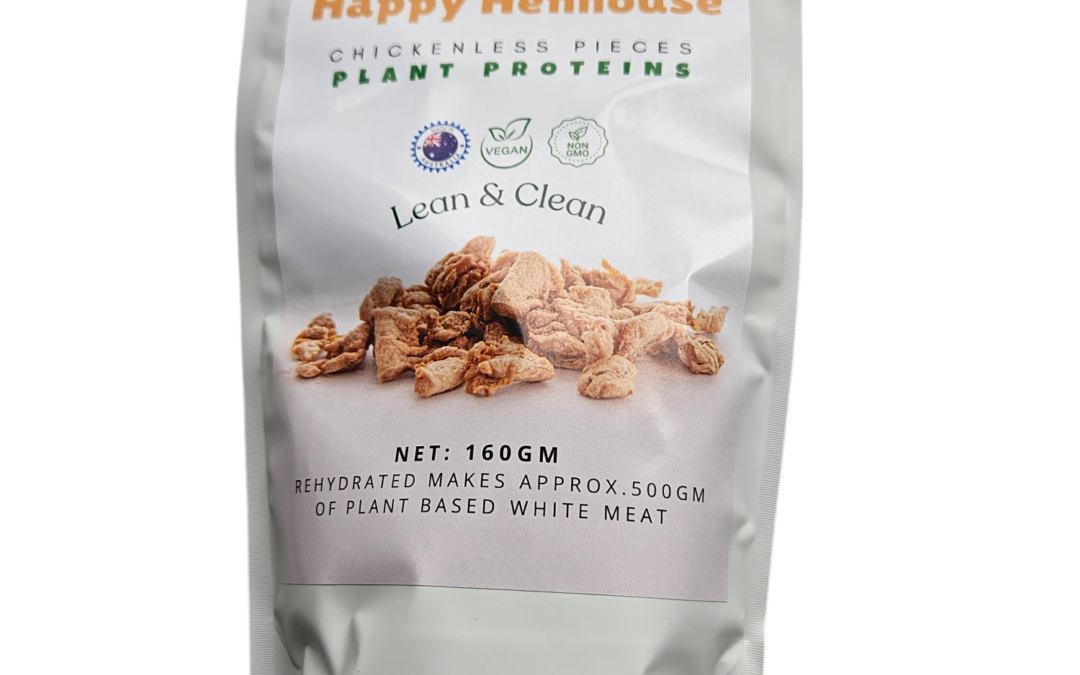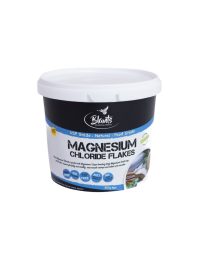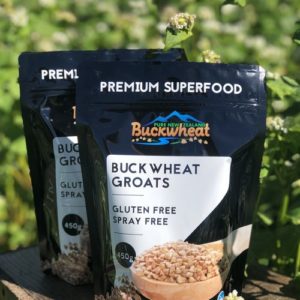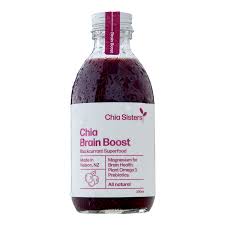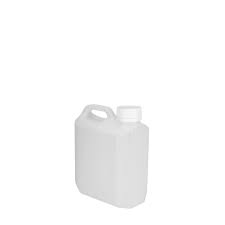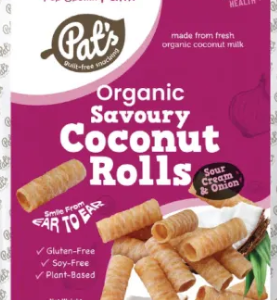ABOUT:
Going vegetarian or simply cutting back on meat doesn’t mean your diet will be lower in protein. There’s a plethora of plant foods that contain this important nutrient.
Cocavo has partnered with a NZ Distributor to introduce our own “HAPPY” Range of Lean & Clean Plant Proteins.
Not only necessary to build muscle, protein is vitally important for bone health, recovery from injury or surgery, keeping your appetite in check and healthy growth (especially for kids and teens).
Nutrition Research Australia has recently summarised the past 20 years of research on plant protein and health and examined some of the most common questions about plant protein.
Plant protein vs Animal protein – is there a healthier choice?
Evidence consistently shows that eating more protein from plant sources is associated with better health.
Plant Protein has been associated with improved risk factors for cardiovascular health, reduced risk of type 2 diabetes and a longer lifespan. One study even found that replacing just 3% of energy a day from animal protein with plant protein was associated with a 5% lower risk of death from all causes. So even one extra meat-free meal a week can make a difference.
Swapping out animal protein for plant protein was also found to be particularly good for the heart as it was associated with improved cholesterol and other risk factors for heart disease.
Why is plant protein good for you?
There are a number of reasons why plant protein may be healthier, but exactly why remains unclear. A possible reason could come down to the types of amino acids, or building blocks, typically found in plant proteins.
Breaking that down, plant protein is generally higher in the amino acids arginine and cysteine, and lower in the amino acids leucine and histidine. Why does this matter? Arginine has been linked with improved metabolism, and cysteine with reduced insulin resistance and oxidative stress. The amino acid leucine & histidine are found in soy, but are generally found in greater amounts in animal-based protein foods.
Plant proteins are also a great source of protective phytochemicals and plant sterols. They are an important source of iron and zinc, fibre and nutrients such as calcium, potassium, magnesium and folate. They are low in fat, particularly saturated fat and are cholesterol free. So, there are lots of reasons to substitute or reduce your intake of animal protein for plant protein.
What plant foods are higher in protein?
Wheat and soybeans are great sources of protein and are easy to incorporate into recipes or add to meals, especially in the format found in Cocavo Happy Proteins. A serving of Happy Proteins about has a whopping 22g of protein.
Can I get all the protein I need from plants?
There are nine ‘essential’ amino acids that we need to get from the protein we eat. If a food contains all nine of the ‘essential’ amino acids, it is called a complete protein. Cocavo Happy Proteins contains all 9 essential amino acids.
It’s often argued animal proteins are better because they contain all nine essential amino acids. However, there are also plant foods that are commonly thought of as “complete proteins” or high quality proteins. These include soy bean and in wheat, mainly in the form of gluten.
It is sometimes argued that we need to combine or complement plant foods to get all the nine essential amino acids from plants. But research shows that this is unnecessary. It’s simply a matter of eating a variety of plant proteins over the course of the day, making sure you also eat sufficient calories to maintain your normal weight. This is where Cocavo Happy Proteins come into play, being a special blend of wheat & soy bean where the gluten in the wheat contributes to the texture & mouth-feel of the protein.
Most people, including vegetarians and vegans, eat enough protein as requirements are surprisingly small. Just 46g per day for an average woman, and 64g per day for an average man. That’s 0.8g of protein per kilogram of body weight. We generally eat twice that amount. In fact, eating too much protein comes with its own risks. So we really don’t need to be so obsessed about protein.
Can you build lean muscles from plant protein?
A number of studies have linked a diet high in plant protein, as part of a plant-based diet, with weight loss. But when it comes to building lean body mass, that’s certainly possible too. An analysis of studies on protein supplementation found plant-based soy protein to be as effective as whey protein (which is derived from dairy).
Rio 2016 Olympic US champion weightlifter Kendrick Farris, for example, relies on just plants for his protein. Similarly, there are vegan athletes who are ironmen champions, so yes, you can get all the protein you need on a plant-based diet for building muscle.

